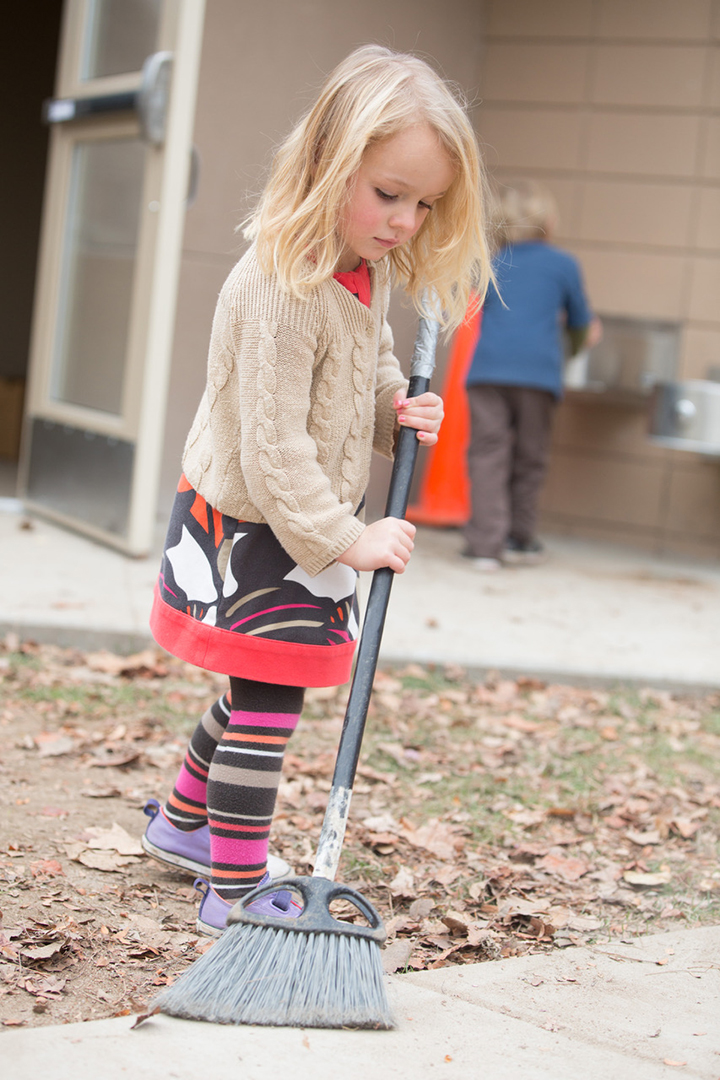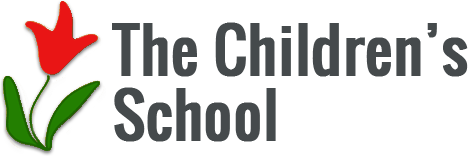A child learns best through active and independent investment of self in a stimulating environment – solving problems with other children, wondering, conferring with a teacher, expressing ideas, pretending roles, and being expressive with materials. Healthy growth is a constant flux of experiencing and connecting, making gradual sense out of life to establish one’s place in it, moving towards autonomy and a meaningful personal reality.
This point of view describes the philosophy of the program at The Children’s School. This educational approach, known as Developmental-Interaction, fosters individualized learning based on each child’s stages of cognitive and social-emotional development. “Developmental” growth is more than just an increase in size and knowledge – it encompasses a qualitative difference as the child integrates new understanding into the wholeness of self. “Interaction” refers to the premise that children learn best through active, meaningful experiences with people, environments, things and ideas. Interaction also refers to the connection between cognitive and affective spheres of development. Thinking and feeling are inescapably intertwined. Thinking ability is affected by one’s feelings.
The Developmental-Interaction approach, which has evolved throughout a century of research and experience, is firmly based in ego psychology (Freud, Erikson, Hartmann) cognitive theory (Piaget, Werner) and educational theory and practice (Dewey, Susan Isaacs, Mitchell, and Biber).
The Children’s School sees development as a process – not as something that happens to a child, but rather as the result of the child’s lively interactions in the social and physical world. Development is also affected by the interaction of emotional and cognitive experiences.
Through our actions as a school, it is our goal for children to:
- feel excited about learning and doing;
- make choices, take initiative and become increasingly self-directed and self-responsible;
- know limits in a firm but supportive and non-punitive environment;
- feel sensitive to others and enjoy working together in a spirit of cooperation rather than competition;
- enjoy the natural, outdoor world and learn to value living things;
- develop thinking skills: reasoning, inquiring, perceiving relationships, hypothesizing, generalizing, acquiring and ordering information;
- experience art, science, math, music, movement, language and social studies;
- develop meaningful writing and reading experience and skills.

